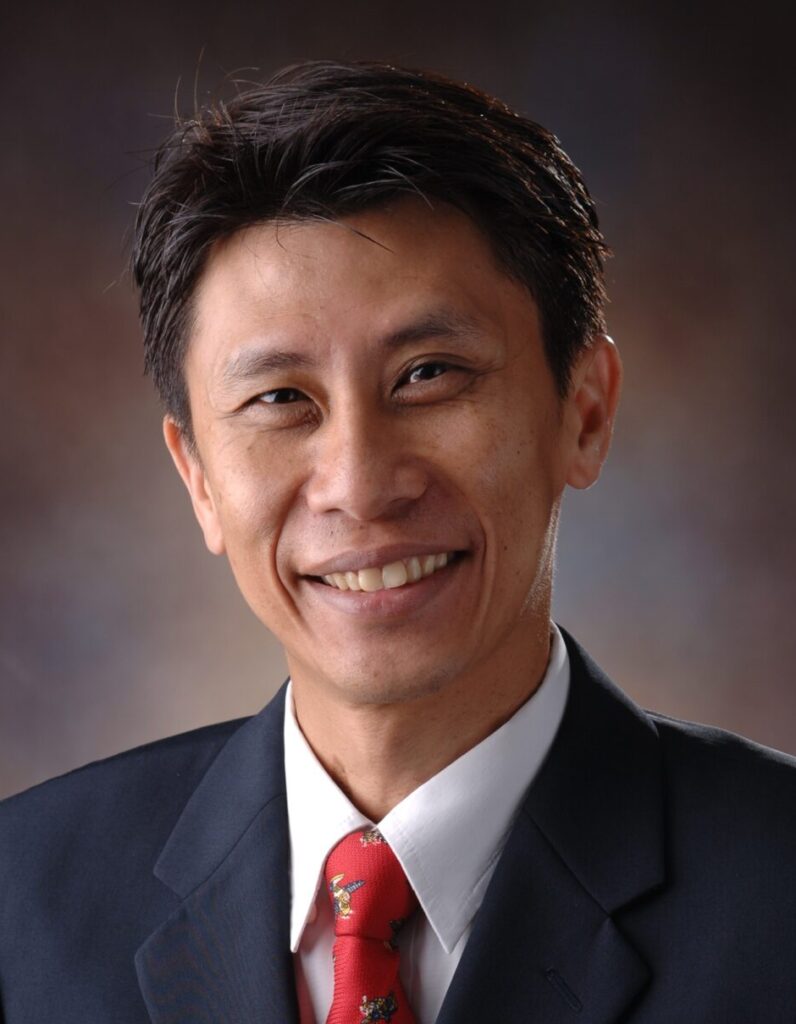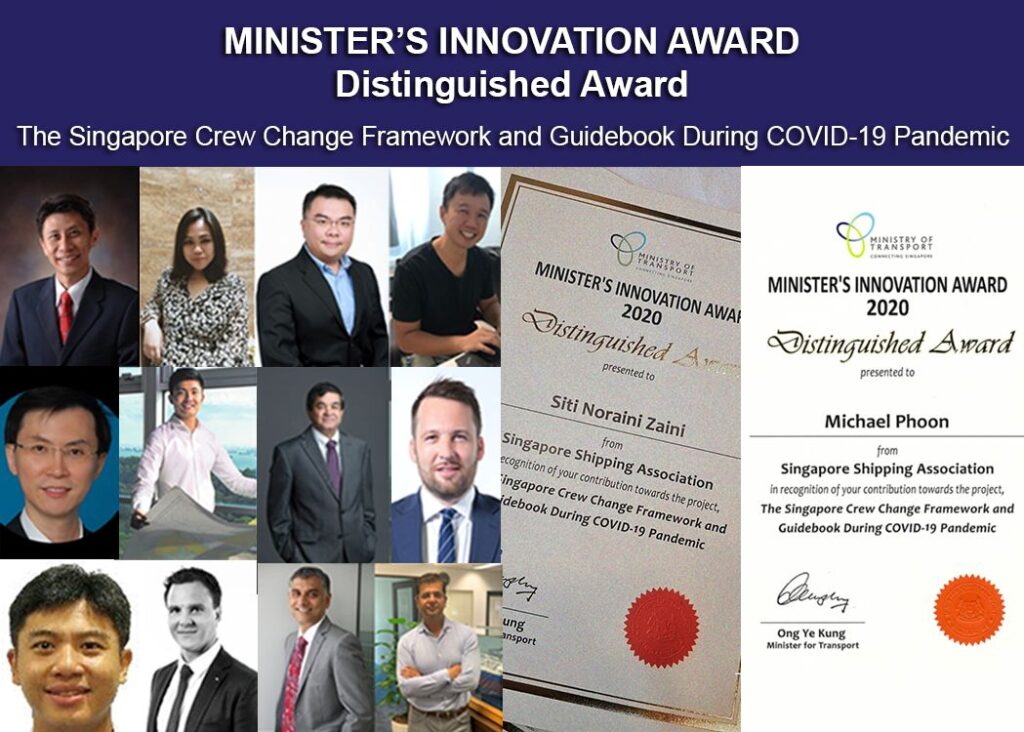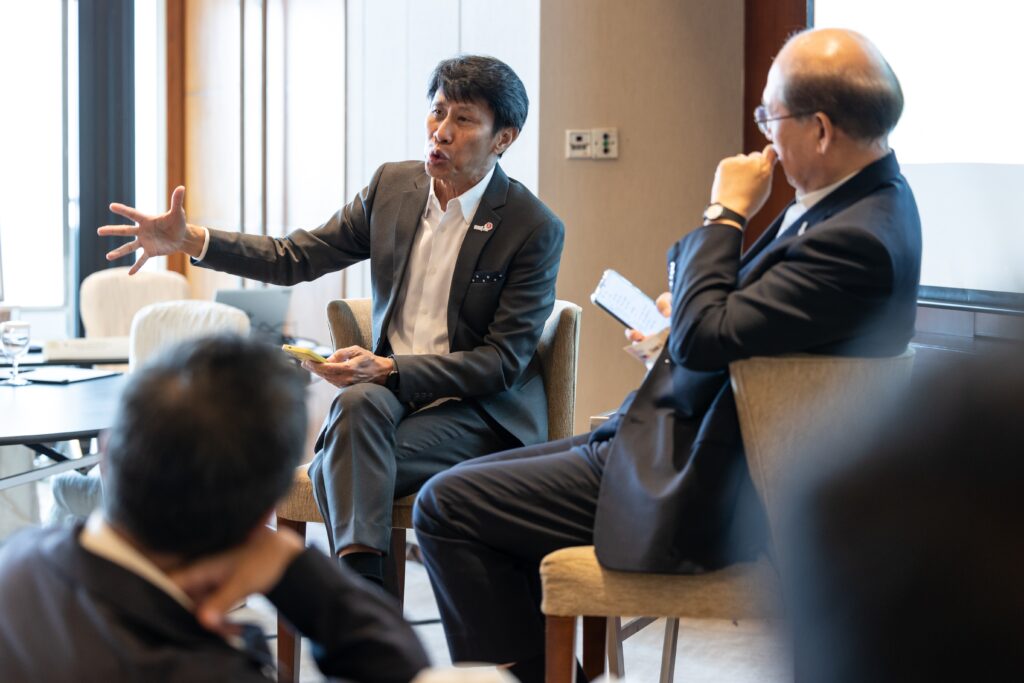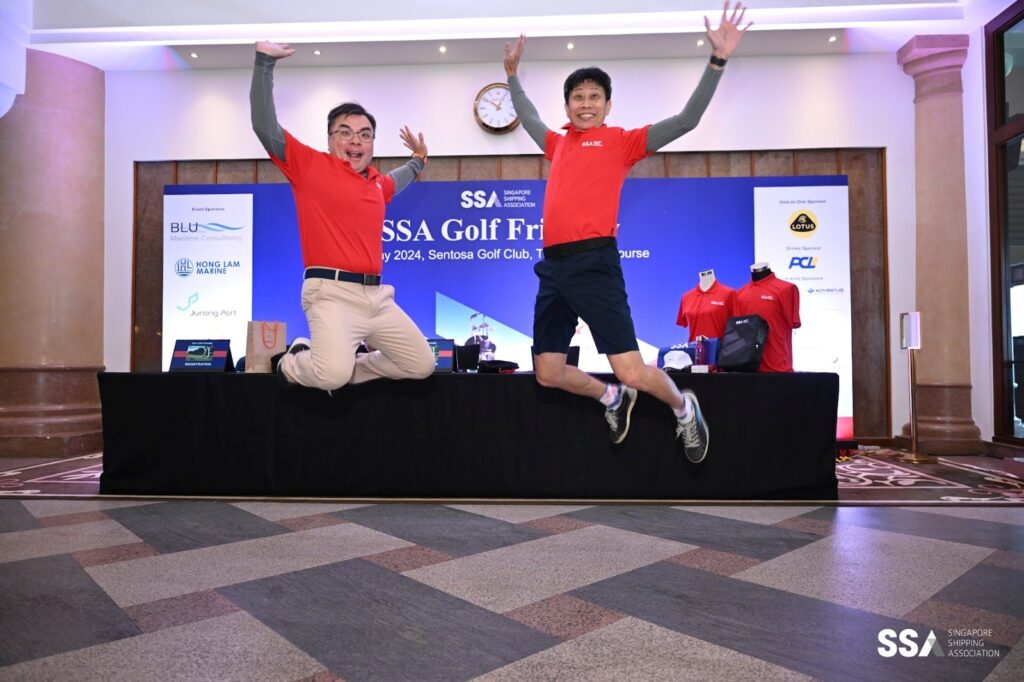Singapore’s maritime industry is a dynamic sector and the industry continues to groom promising individuals to be future leaders –...
Read More
Subscribe
Now
Subscribe to SeaVoices to receive last updates!

Subscribe
Now
Subscribe to SeaVoices to receive last updates!









